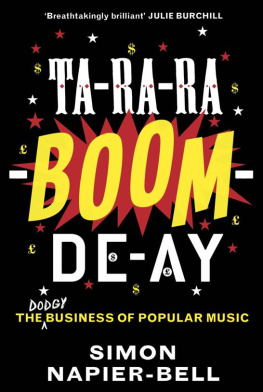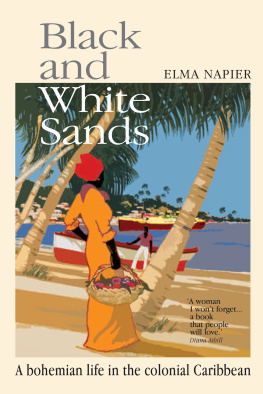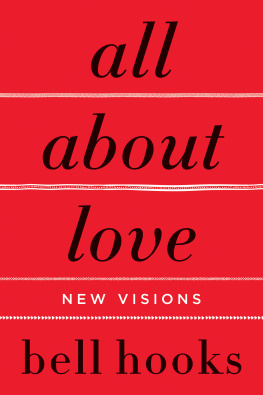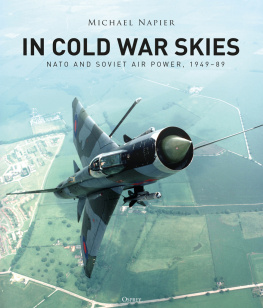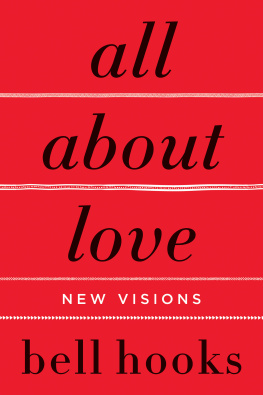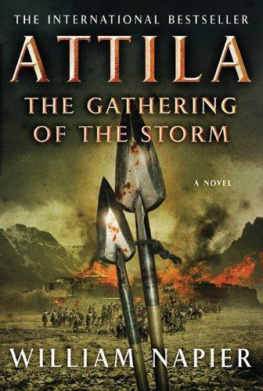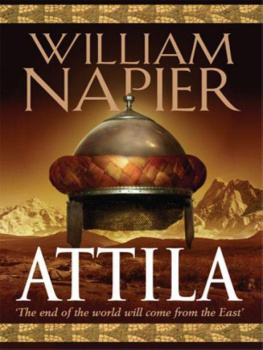Simon Napier-Bell - You Dont Have to Say You Love Me
Here you can read online Simon Napier-Bell - You Dont Have to Say You Love Me full text of the book (entire story) in english for free. Download pdf and epub, get meaning, cover and reviews about this ebook. year: 2013, publisher: Random House, genre: Detective and thriller. Description of the work, (preface) as well as reviews are available. Best literature library LitArk.com created for fans of good reading and offers a wide selection of genres:
Romance novel
Science fiction
Adventure
Detective
Science
History
Home and family
Prose
Art
Politics
Computer
Non-fiction
Religion
Business
Children
Humor
Choose a favorite category and find really read worthwhile books. Enjoy immersion in the world of imagination, feel the emotions of the characters or learn something new for yourself, make an fascinating discovery.

- Book:You Dont Have to Say You Love Me
- Author:
- Publisher:Random House
- Genre:
- Year:2013
- Rating:4 / 5
- Favourites:Add to favourites
- Your mark:
- 80
- 1
- 2
- 3
- 4
- 5
You Dont Have to Say You Love Me: summary, description and annotation
We offer to read an annotation, description, summary or preface (depends on what the author of the book "You Dont Have to Say You Love Me" wrote himself). If you haven't found the necessary information about the book — write in the comments, we will try to find it.
You Dont Have to Say You Love Me — read online for free the complete book (whole text) full work
Below is the text of the book, divided by pages. System saving the place of the last page read, allows you to conveniently read the book "You Dont Have to Say You Love Me" online for free, without having to search again every time where you left off. Put a bookmark, and you can go to the page where you finished reading at any time.
Font size:
Interval:
Bookmark:
CONTENTS

This book was first published in 1983. Looking at it now, I find plenty that is embarrassing. Like a rock singer listening to an earlier album, part of me wants to hide it away, while another part of me can see the vibrancy and fun of it. Both in content and in style, You Dont Have To Say You Love Me is not as I would write it today, but rather than try to correct or change it, I feel its best to let it stand as a period piece.
In 1983 it got a pretty mixed reception. The music press at the time were a serious bunch and they didnt like the flippancy with which I treated the industry. On the other hand, journalists from the tabloid press recognised good stories when they saw them and loved the book. Most other people seemed to have realised it was just meant to be fun.
To launch the book I had a party at the notorious sixties disco, The Scotch of St James, in Hans Place, London. Five hundred people were coming, but when I went to look at the club I found it only held a hundred. In the end we used it to serve the food and had the party outside in Hans Place, one of Londons more secluded squares. We were in luck the weather was perfect; it was a balmy hot summers night and the turnout was phenomenal. From seven to eleven people drank, danced and ogled a couple who got too hot, then ripped off their clothes and got even hotter.
Afterwards I had a late-night dinner at Langans and tottered back home at one am. As I left the taxi, Connie, my publicist, predicted confidently, Darling, unless someone shoots the Pope, your partys going to be on the front page of every tabloid.
At six in the morning, eager to make sure the launch of my book had gone well, I walked round to the newsagent to buy all the papers. There, blaring from the front page of every one of them, was the story, Pope is shot.
But I was lucky. The party had had sufficient impact to be held over to the following day and in the end we made most of the tabloids. Whether it helped sales of the book or not, I dont know, but the first edition quickly sold out. Afterwards I bought the rights back from the original publishers and republished it the way I wanted it, with more photographs fifty pictures, many of them classics. When that edition sold out, I did nothing further with the book and it remained out of print.
This latest edition is the result of friends urging me to put it back into circulation and of Jake Lingwood at Ebury Press wanting to do just that. It includes two previously unpublished chapters. One of them was left out because it dealt with a period before I became a pop manager; the other because it was about sex, and my first publisher urged me to be discreet. In re-publishing the book, it seemed best to put it together as it was originally written.
Simon Napier-Bell
May 1998
These short stories are about the sixties, when the rock industry was just emerging and none of us knew too much about what we were doing.
The book ends up with me retiring from the music business in 1970. After that I travelled round the world for six years but by 1976 it all seemed a bit dj vu. Choosing a new country to fly off to was beginning to get as confusingly dull as deciding where to eat in Alice Springs. So the music business reclaimed me, as it does most people who try to leave it.
On the surface, things seemed a bit different. The vitality of the sixties had disappeared. People were more cautious, more analytical, more aware of rock music as an industry. The music press saw groups in socio-political terms rather than simply musical ones. And even the groups themselves tended to be overwhelmed by the social problems of the moment.
But things soon changed again. And now, the politically concerned working-class groups of the late seventies have turned out decidedly middle-class in their aspirations. With their first taste of success they forget about showbiz. Beneath the surface, its the same old grab-all-you-can-get music business, with the underlying excitement still coming from the big deal. But since the success rate of big deals is relatively small, theyre more usually thought of as big rip-offs.
The big rip-off is the music industrys main excitement. And whether its a record producer selling a master for twenty thousand pounds or a major record corporation licensing their product worldwide for fifty million, the big deal is always likely to end up as the big rip-off. Because no matter what is agreed in writing at the time of the deal, everyone is always dependent on the artist: the fickle, sensitive, unpredictable rock artist holed away in his fifteen-bedroom mansion in the country, obsessed with sex or drugs or Buddhism, and holding up a multi-million dollar industry till hes in the right mood to be creative.
The people in need of his artistic output will probably call him selfish or amateurish, and theyre probably right. But then, the music industry as a whole has always been largely self-seeking and unprofessional. People often ask about the money it generates: How much is there? they ask. And where does it all go to?
Well, its true that theres quite a lot around. An album might generate as much as a dollar a copy for the artist. And an album might sell two million copies, even five or six. So thats five, or six million dollars for the artist, and you can be sure the record company makes even more.
Songwriters make a fair bit as well, both from record sales and from performance royalties on the radio. In the States that might be one hundred and fifty dollars each time the song is played, and if the record crosses the boundaries of musical style and can be described as rock and soul, not to mention easy listening, then it might make the playlists on four or five thousand radio stations throughout the country. If its played six to ten times a day, seven days a week for a month, you dont have to be a great mathematician to see millions of dollars staring you in the face wherever you look. Take gigs, for instance. Think of the money if you play to a hundred thousand people in a stadium at ten dollars a head, every night for a sixty-day tour. And if youre big enough: why not go on a hundred-day tour and play twice a night?
Most of this money gets divided up and given out in the correct manner. But anywhere you find big money, you also find big crooks. Thieves, thugs, con-men, swindlers, embezzlers and even murderers. But most of all, in the music business you find large numbers of happy-go-lucky hustlers, out to make an easy living. For despite all the changes since the sixties, the music business is still the go-to-bed-late, get-up-late, dont-give-a-fuck, do-as-you-please-and-still-make-a-fortune business.
Simon Napier-Bell
Paris, 1982
London didnt start swinging as soon as it hit the sixties. In fact, London didnt even know it was swinging till some overseas journalists turned up some time in the middle of the decade and told us what was going on.
Swinging sounded like a fun thing to be doing so we all started to have a go at it; it didnt seem too hard. You just found out where the swinging was meant to be taking place (you could read that in Time magazine or Der Spiegel), and you headed off down there. Then, settled in a corner of the Ad Lib club or The Scotch of St James, you drank until you were blind drunk or, if it still wasnt three oclock in the morning, you could try downing even more. Doing this night after night, you naturally tended to commit a variety of indiscretions, and the more adventurous of these acts were referred to as swinging. The combined total of everyones indiscretions was known as Swinging London.
Next pageFont size:
Interval:
Bookmark:
Similar books «You Dont Have to Say You Love Me»
Look at similar books to You Dont Have to Say You Love Me. We have selected literature similar in name and meaning in the hope of providing readers with more options to find new, interesting, not yet read works.
Discussion, reviews of the book You Dont Have to Say You Love Me and just readers' own opinions. Leave your comments, write what you think about the work, its meaning or the main characters. Specify what exactly you liked and what you didn't like, and why you think so.

